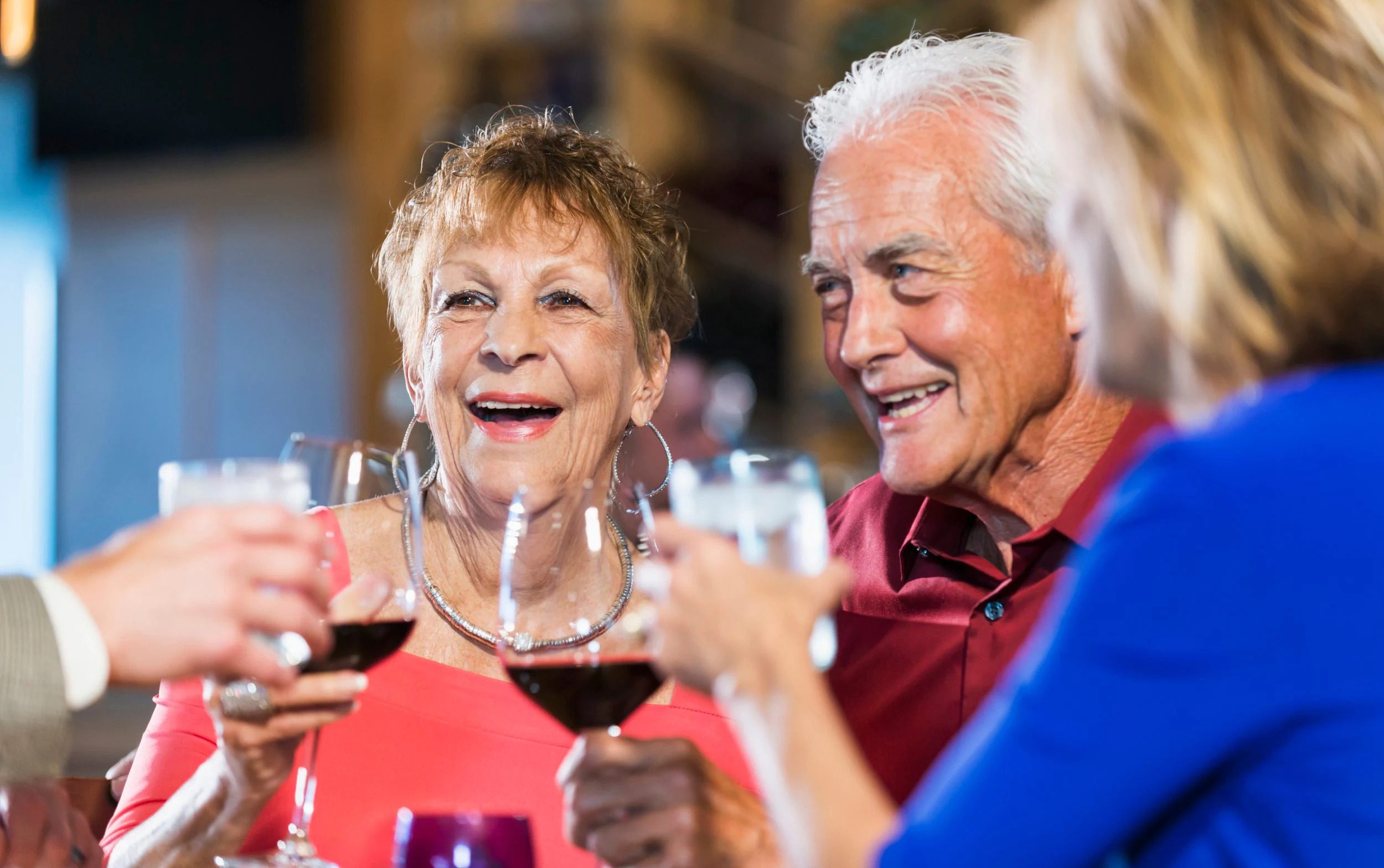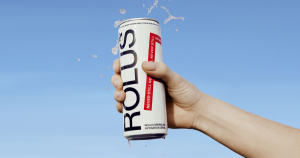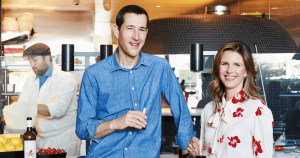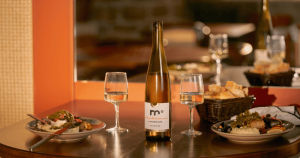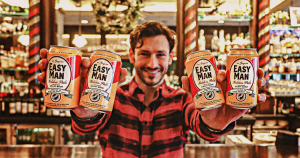“Blue zone” communities in Greece, Sardinia and elsewhere in the Mediterranean are known for especially long lives. They also are known to drink wine and are thus partially responsible for the story being told that alcohol is, in fact, good for us.
Alcohol, ubiquitous in American and many other cultures, is actually at odds with our health. Despite apparent correlation between longevity and moderate alcohol consumption, specifically red wine, there is an ever-expanding body of research demonstrating that any amount of alcohol is harmful to our health.
Nutrition science seems to love observing correlation and inferring causation, as in the “French Paradox.” A 1992 study observed that the French eat a lot of saturated fats, yet somehow avoid elevated levels of coronary heart disease. Because the French also drink lots of red wine, many people wrongly began to believe that red wine was the magic bullet.
But alcohol is even harmful to the health of those who drink five glasses of wine a day and somehow live to be a hundred years old. They aren’t exempt. None of us are. Luckily for them, they’re doing something else that’s counteracting the detrimental effects of wine: socializing.
That’s what I believe keeps us healthy and helps us live longer – each other. Our connection with people – ourselves, our spouses, our friends, our family, our community. It is social bonds, and loving relationships, that studies have shown actually extend lives.
So, when octogenarian friends Giorgios, Yannis, and Nikolaus sit by the sea, popping anchovies, sharing a few bottles of Agiorgitiko and laughing long into the evening, it isn’t the wine that’s extending their lives – it’s the camaraderie. The wine is bad for their health, but the socialization benefits outweigh those negatives, and net/net they live longer.
Luckily for alcohol, it has gotten to stand on the shoulders of the things that actually feel good – connection, community, presence, long meals with family and friends, dancing, and conversations that go long into the night. And then Covid happened and, finally, socialization and alcohol consumption were mostly separated. Without the social component, like drinking wine every night while watching Netflix, alcohol suddenly stopped keeping its promises about health.
Because I want to live a long, healthy life, I began to explore the world of no and low ABV cocktails. And it was in my search for products that would help me achieve simple, no, and low ABV cocktails that I found out how difficult it was to find these products in New York. Whereas you can walk through any neighborhood and pass multiple wine and liquor stores, I couldn’t find a bottle of Seedlip. New York, like several other states, prohibits the sale of non-alcoholic beverages in liquor stores. So, if I wanted to purchase these products, I had to go online. Soon, my apartment was full of cardboard boxes, trash, and recycling and I was waiting days to finally get my hands on the products. I missed walking into a neighborhood wine store, speaking to the employees, learning something new, and holding the bottle in my hands. I wanted a better experience – a brick-and-mortar store where I could engage with people while I was shopping and walk home with a bottle or two in my hands ready to enjoy.
In the summer of 2020, I realized that I could be the one to create this experience for myself and for others. By September I had signed a lease for a small place on Ludlow and Stanton in the Lower East Side, and in November, with very little promotion or fanfare, Spirited Away opened its doors for the first time. We operated out of that location for the first year, but new brands and products were launching faster than we could have ever imagined. So, we moved to our current location at 177 Mott Street where we intend to grow for many years along with our community, products, and brands.
Social connection is central to what I wanted to create with Spirited Away and Dry Atlas. They are my contributions to trying to short circuit the alcohol —> socializing —> longevity correlation chain. Let’s skip the alcohol altogether and see if we can’t foster similar connections over thoughtful, non-alcoholic adult drinks intended for socializing. If that works, we can have our cake and eat it too.


